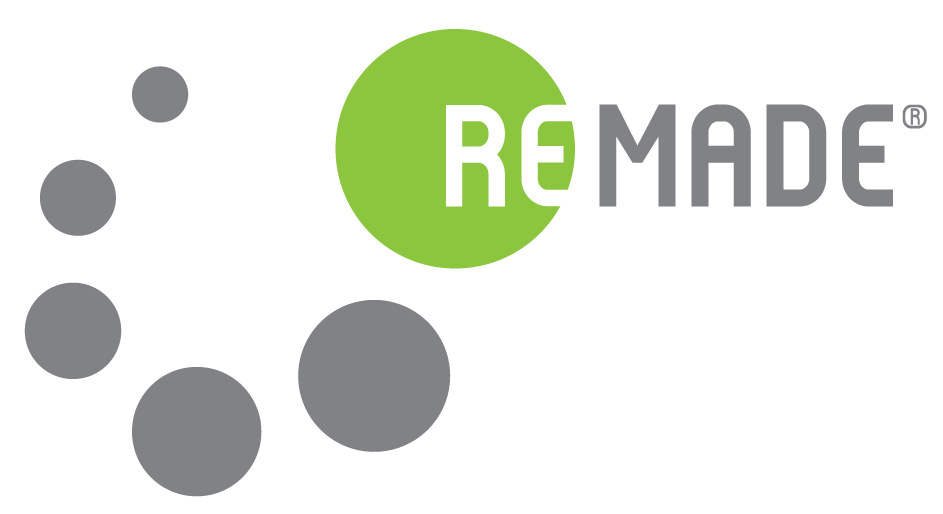The Ecodesign Regulation promotes requirements for the recycled content in sustainable products.
Regulation 13 June 2024 no. 1781/2024, which establishes the framework for setting ecodesign requirements for sustainable products, has been in force since July 18, 2024.
The Regulation applies to any physical good placed on the market (the so-called product) with the exception of food, feed, medicinal products, plants, (live) animals, and vehicles.
The Objectives
The objectives of the Regulation are to improve the environmental sustainability of products to ensure that sustainable products become the norm and to reduce their overall environmental footprint throughout their life cycle. It also aims to guarantee the free movement within the internal market of products for which sustainability requirements are established.
To achieve these goals, the Regulation provides for the adoption of delegated acts containing requirements concerning the durability, reusability, upgradeability, and repairability of products, the presence of substances of concern in products, the energy and resource efficiency of products, the recycled content in products, the remanufacturing and high-quality recycling of products, as well as the reduction of products’ carbon and environmental footprints.
The new legal text also provides for the creation of a digital product passport, the definition of mandatory criteria for green public procurement, and the establishment of a framework to prevent the destruction of unsold consumer products (Article 25).

The Definition of “Ecodesign”
“Ecodesign” refers to the integration of environmental sustainability considerations into the characteristics of a product and the processes that occur along the entire product value chain. Therefore, a product is considered to have ecodesign if its durability, reusability, repairability (…) and recycled content are improved.

The information obligations relating to the ecodesign of products indicate how the required information must be made available.
The Digital Passport
If a digital product passport is available, the required information is provided within it and, if necessary, also in one or more of the following forms: on the product itself; on the product’s packaging; on a label; in the user manual or other documentation accompanying the product; on a freely accessible website or application.
The content and modalities of the digital passport will be defined by a delegated act based on the principles set out in Articles 9 to 12 and Annex III.
In any case, it is clarified that the digital passport will contain information relating to any environmental labels held by the operator (Annex III).
Pursuant to Article 11, the Commission is empowered to adopt delegated acts to integrate the requirements that digital product passport service providers must meet to become such providers and, where appropriate, a certification system to verify compliance with these requirements and to establish the requirements that such service providers must meet when providing digital product passport services.
Green Procurement for Ecodesign
The text also focuses on the importance of green procurement. Public procurement accounts for 14% of the EU’s GDP. To contribute to the goal of climate neutrality, improved energy and resource efficiency, and the transition to a circular economy that protects public health and biodiversity—by ensuring there is sufficient demand for more eco-friendly products—contracting authorities and entities should align their procurement with specific green public procurement requirements.
The introductory recitals of the Regulation emphasize that the Commission may also establish mandatory minimum award criteria, including the allocation of a specific weighting, ranging from 15% to 30%, to criteria to ensure they can significantly influence the choice of products in favor of more eco-friendly ones. Consequently, for example, contracting authorities and entities will have an obligation to assign a minimum weighting of between 20% and 30% to the recycled content of the products in question.
And indeed, Article 65 of the Regulation includes the provision that public authorities must award public contracts that comply with the minimum requirements set to incentivize the supply and demand of eco-friendly products.
The Delegated Acts
In April 2025, the European Commission presented the 2025-2030 Work Plan related to the Ecodesign Regulation; in particular, it specifies which products to prioritize and the precise deadlines for the issuance of delegated acts.
Implementing delegated acts will be issued with the following deadlines:
-
for textiles and clothing, by 2027
-
for furniture and furnishings, by 2028
-
for tires, by 2027
-
for mattresses, by 2029

